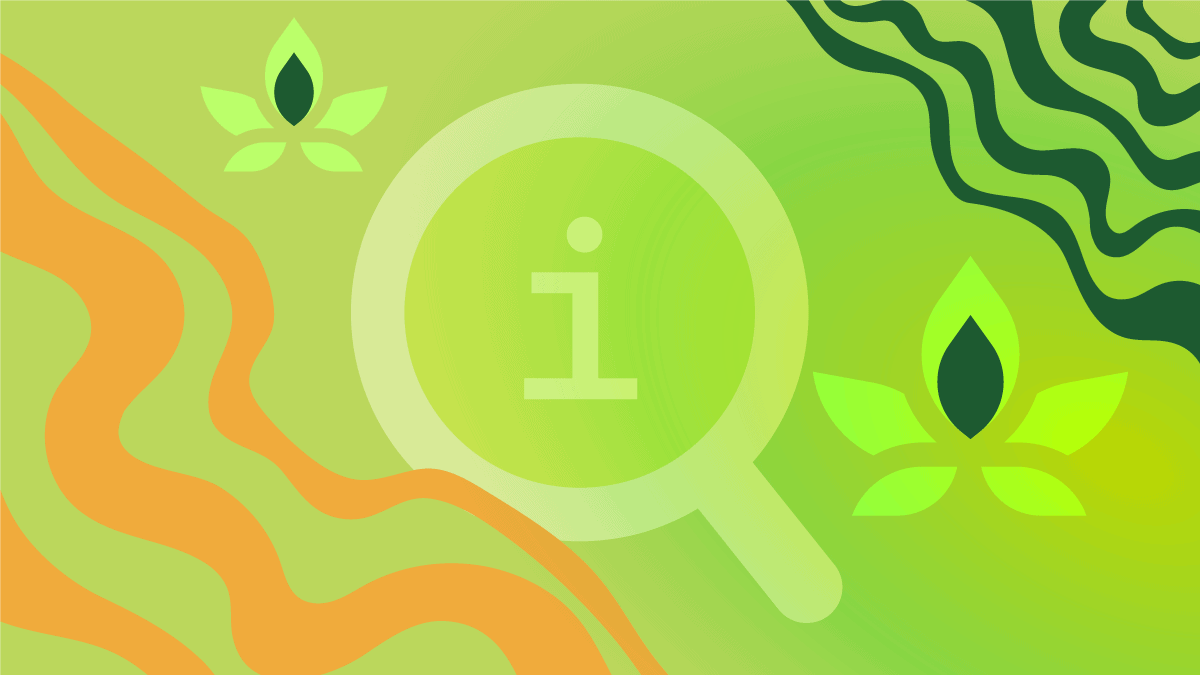- Dispensaries
-
Cultivars
By Cultivar Types
By Effects
By Terpenes
- Blog & Press
- About
- Products
How Does Cannabis Affect The Brain?
- Cenk Cetin
- August 7, 2024
- 12:01 pm
- No Comments

Ah, cannabis…the psychedelic plant that will brighten up your day. As soon as the greenish smell of the plant touches your nose, that’s when you know you’re about to have a good time. With cannabis use rising around the world, it’s not weird now that almost everybody is spending their afternoon time on their couch, ready for a good time with one joint (maybe more, who knows?) in their hand.
Do you want to know why weed is called a mind-altering plant? Here’s what you can expect to happen to your brain when you use weed.
Key takeaways
- THC in weed attaches to the receptors in the brain areas for memory formation which leads to problems with thinking.
- Those whose brains are still developing, babies until the age of 25, are vulnerable to weed effects which can lead to problems such as attention and learning.
- THC exposure during adolescence can affect decision-making.
- Researchers also found a contrasting finding where medical cannabis patients show better cognition performance.
- Short-term effects of weed on the brain such as happiness, calmness, and relaxation.
- Long-term effects of weed on the brain such as memory loss and cognitive impairment.
Is weed bad for your brain?
Cannabis may contain numerous amounts of potentially therapeutic compounds such as cannabidiol (CBD) which may help with certain conditions and symptoms such as anxiety and pain. However, cannabis can also produce problems with thinking, executive function, and physical actions that require a conscious state of mind such as driving a car or playing a musical instrument (psychomotor function). And why is that? Well, it is because the main psychoactive compound in cannabis called tetrahydrocannabinol (THC) attaches to receptors in the important regions of the brain for memory formation including the hippocampus, amygdala, and cerebral cortex.
How Weed Affects Developing Brain?
Weed affects brain development, particularly in babies, children, and teenagers, who are vulnerable to the effects of cannabis, THC specifically, as the brain is still in a developing stage until around the age of 25. Therefore, using weed before the age of 18 can lead to issues in how the brain builds connections for certain functions such as attention, memory, and learning. Weed effects on such functions may last a long time or stay permanently. Adolescent cannabis users may not function well when it comes to school as they tend to have trouble remembering.
A 2016 study suggested that THC may affect brain structure and function through THC exposure during adolescence and lead to long-lasting problems with brain-based skills. It also affects the brain’s function involved with managing habits and routines as well as thinking and decision-making. What’s more interesting is that another group of researchers found a contrasting finding among medical cannabis users. After a few months of using weed as a treatment for various conditions and symptoms, the patients performed better on cognitive tasks.
Short-term Effects on the Brain
When THC, the active compound in weed that gets you ‘high’, enters the brain after consuming cannabis, it changes brain activity specifically in the area involving thoughts, feelings, and perceptions. The changes can vary from person to person, therefore, not every cannabis user would experience the same short-term effects on the brain. The THC amount consumed can make a difference and those who are consuming higher doses of THC are more likely to experience negative short-term effects. Here are some common short-term effects that many people got:
- A feeling of calm and relaxation
- Happiness
- Altered perception
- Increase in appetite
- Stress relief
- Pain relief
Some unpleasant sensations of higher THC doses may include:
- Problems thinking and remembering
- Impaired decision-making and problem-solving
- Problems with balance, coordination, and time reaction
- Anxiety and panic
- Hallucinations
- Disorientation
Long-term Effects on the Brain
Long-term effects are gradually developing over time after using cannabis frequently, whether daily or near-daily, but it starts from days and continues over weeks, months, and years. The Substance Use and Mental Health Services Administration (SAMHSA) suggested that 1 in 10 adults who use weed will develop cannabis use disorder. The rate goes up from 1 to 6 for those who start using weed as teenagers. Frequent users may also develop a higher risk of other drug and alcohol use disorders, particularly if they start using cannabis at an early age. And people who use high THC cannabis for a long time are associated with hallucinations and paranoia which is also related to other mental health issues such as depression, anxiety, and schizophrenia. Some other long-term effects could also be:
- Cognitive impairment
- Memory loss
- Increased cannabis tolerance
- Cannabis dependence
- Concentration
- Intelligence (IQ)
The effects are worse for those who start using cannabis early and those who use cannabis frequently and for a long time as they may not be fully reversible even though they already stop cannabis use.
Conclusion
Even though weed may hold a lot of therapeutic properties, using weed affects our brains more or less, long-term or short-term. The psychoactive property of THC is the main reason behind most of the weed effects that impact the brain. It affects younger people in a way that causes issues with their brain development which leads to difficulty in school as they tend to have problems with memory. Cannabis effects on the brain can be classified into two main categories including short-term and long-term effects. Short-term effects happen after consuming weed and it enters the brain, then creates euphoria and relaxation. The individual can also experience unwanted effects when they consume larger doses of THC such as hallucinations and disorientation. Long-term effects develop over time from frequent use of weed which leads the person to have issues in cognition, concentration, and memory.



